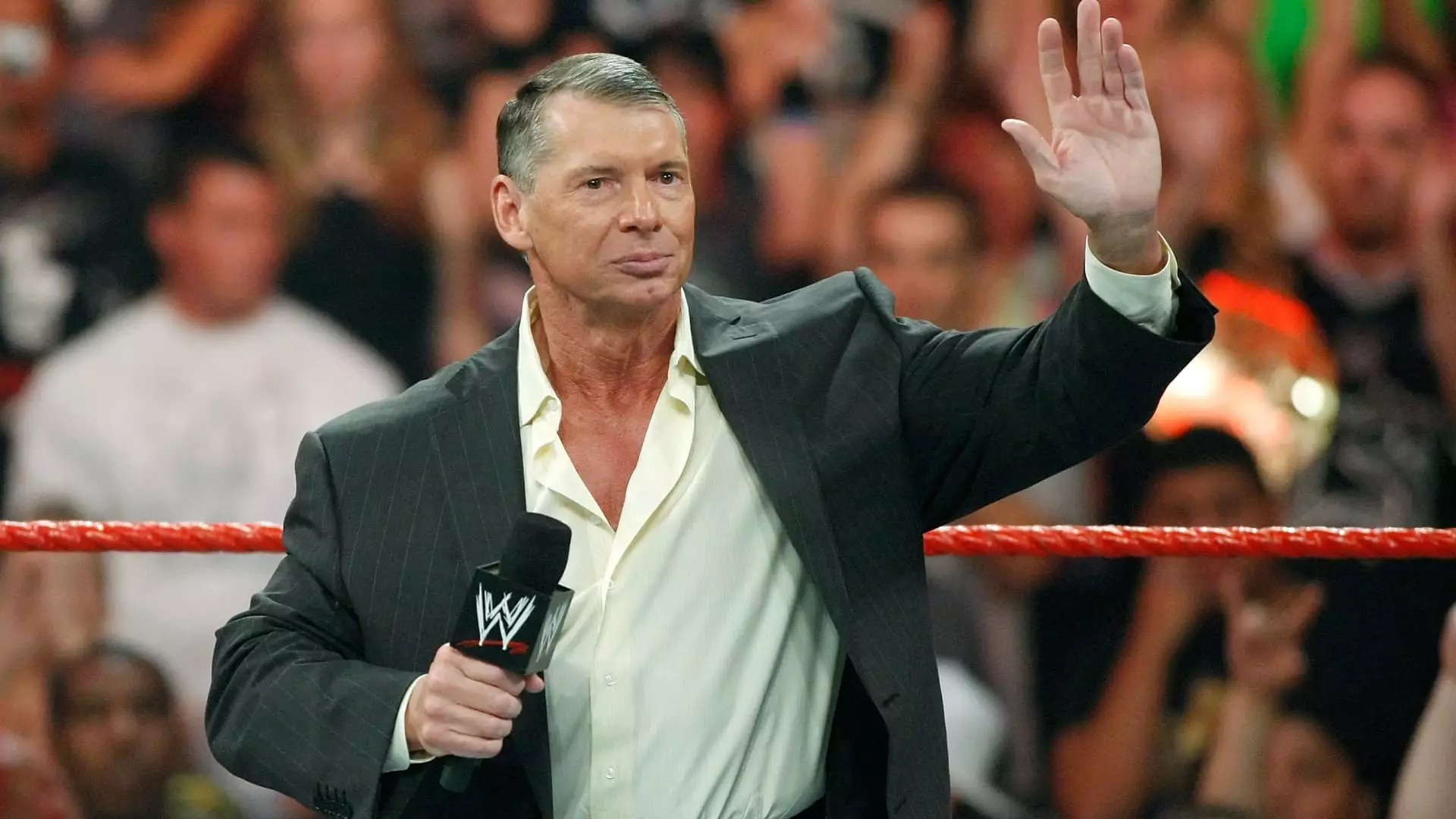The world of professional wrestling, long characterized by its theatrical storylines and larger-than-life personalities, is now facing a harrowing chapter as Vince McMahon and his company, WWE, stand accused of enabling the sexual exploitation of underage boys. A lawsuit filed in Baltimore County brings forth distressing claims from five alleged victims, shedding light on a culture of silence and complicity within the organization during the 1980s and 1990s. This shocking case not only targets McMahon and his wife, Linda McMahon, but also implicates TKO Holdings and several senior figures within the organization, leading to increased scrutiny and outrage from the public.
According to the lawsuit, Melvin Phillips Jr., a ringside announcer, allegedly exploited young boys, some as young as 12, who were known as “ring boys.” These children, often from troubled backgrounds, were manipulated into trusting Phillips, with promises of meeting their wrestling heroes. Disturbingly, the accusations detail a pattern where Phillips allegedly groomed and abused these individuals, not only at wrestling events but in hotel rooms and other locations. The plaintiffs, referred to as John Does, have claimed that these horrifying actions occurred under the watchful eye of WWE management, who purportedly turned a blind eye to the allegations against Phillips.
A Culture of Complicity?
The notion that high-profile individuals within WWE were aware of Phillips’ notorious behavior is a central theme in this litigation. The lawsuit alleges that Vince McMahon was informed about Phillips’ disturbing interest in minors and yet failed to take effective action. Though Phillips was terminated in 1988 following initial allegations, he was rehired just six weeks later with a vague stipulation to avoid minors. The implications are troubling as the suit indicates that McMahon and his associates might have known he continued to target children, raising questions about ethical accountability in the entertainment industry.
This lawsuit is not the only stain on McMahon’s legacy in recent years. The emergence of past allegations related to sexual misconduct—particularly highlighted in the recent Netflix documentary “Mr. McMahon”—has thrown the spotlight on the leadership within WWE. Additionally, the claims of Janel Grant, a former employee who accused McMahon of sex trafficking, complicate the narrative surrounding his leadership and the overarching corporate culture of WWE. McMahon has consistently denied these claims but the sheer volume of allegations marks a troubling trend that cannot be easily dismissed.
Experts in child welfare, like Marci Hamilton from Child USA, emphasize that the legal framework played a significant role in bringing these allegations to light. The lawsuit was made possible due to changes in the statute of limitations in Maryland, offering a lifeline to victims who had previously faced obstacles to holding powerful figures accountable. Hamilton advocates for broader reforms aimed at nurturing children’s rights within institutional frameworks, urging for systemic changes that would prevent such abuses from occurring in the future.
The allegations surrounding Vince McMahon and WWE evoke a broader societal discourse on accountability for abuse, especially concerning the most vulnerable populations. The brave actions of the alleged victims, coming forward to expose their suffering, highlight a critical moment in history where transparency must prevail over silence and complicity. As various stakeholders await a response from the McMahons and WWE, many are calling for a thorough investigation into the organization’s practices and an acknowledgment of the past wrongs, preparing the ground for essential reform in both the world of sports entertainment and child safety laws.
The unfolding allegations against Vince McMahon and WWE could serve as a pivotal moment in seeking justice for the alleged victims and ensuring that such disturbing incidents are not overlooked in the future. The coming months will undoubtedly bring new developments that may redefine accountability and responsibility within the often glamorized yet gritty realm of professional wrestling.

Leave a Reply